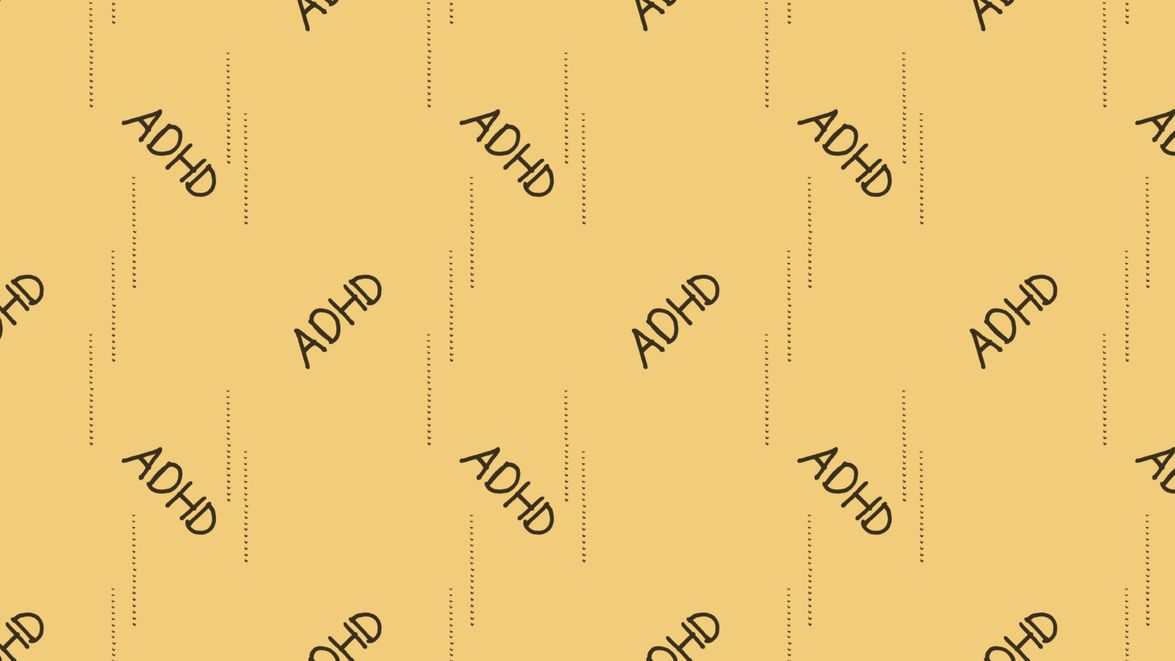
Strattera and Fasting: Do They Mix Well for Women?
Today, we're delving into an intriguing combination: Strattera and intermittent fasting (IF). This duo might sound unconventional, but there's more to...

Today, let’s explore an intriguing combination: Ritalin and intermittent fasting (IF). This duo might sound unusual, but there’s more to it than meets the eye. By the end of this article, you’ll have a better understanding of how they can impact your focus, energy, and overall wellness, especially for women.
Ritalin, also known as methylphenidate, is often prescribed for ADHD. It helps improve concentration and focus. Think of it as a traffic controller for your brain, reducing chaos and increasing productivity. But, it comes with side effects like insomnia, anxiety, and appetite suppression. About 5.2% of women in the U.S. have been diagnosed with ADHD and might use medications like Ritalin.
Intermittent fasting is all about when you eat. Popular methods include the 16/8 method (fast for 16 hours, eat during an 8-hour window). It has several benefits: weight loss, better metabolism, and improved brain function. Studies show that intermittent fasting can help reduce body weight by 3-8% over 3-24 weeks.
Let’s see what happens when Ritalin and intermittent fasting join forces.
Ritalin enhances focus, while intermittent fasting boosts brain function. A study in Metabolism Open found that fasting increases brain-derived neurotrophic factor (BDNF), which supports brain health. Together, they can help you stay sharp and clear-headed.
Practical Tips:
Intermittent fasting stabilizes blood sugar levels and improves insulin sensitivity. This means fewer energy crashes. Combined with Ritalin’s alertness boost, you might feel more energetic throughout the day.
Practical Tips:
Ritalin can decrease appetite. Intermittent fasting can help you eat in a more structured way, making it easier to manage your weight. Intermittent fasting could reduce calorie intake by up to 27%.
Practical Tips:
Both Ritalin and intermittent fasting can improve your mood. Ritalin balances neurotransmitters like dopamine, crucial for mood regulation. Intermittent fasting reduces stress and enhances well-being. A study in Molecular sciences found that intermittent fasting could reduce depressive symptoms and improve mood.
Practical Tips:
Mindfulness: Incorporate mindfulness or meditation practices during your fasting period to enhance mood and reduce stress.
Sleep: Ensure you get enough sleep, as both Ritalin and intermittent fasting can impact sleep patterns. Aim for 7-9 hours per night.

While the benefits are appealing, it’s important to consider the potential downsides of combining Ritalin and intermittent fasting.
Ritalin can cause insomnia, anxiety, and reduced appetite. Research show that about 2-5% of people experience these side effects. For women, hormonal fluctuations can make these side effects more pronounced, leading to irregular menstrual cycles or worsened premenstrual symptoms.
Intermittent fasting can be hard to stick to, especially with a busy schedule. It may not suit everyone, particularly those with certain medical conditions or pregnant women. Fasting can also lead to nutrient deficiencies if not managed properly, which can affect bone health and overall well-being, especially in women.
Both Ritalin and intermittent fasting can suppress appetite. Combined, this might lead to inadequate calorie intake, resulting in fatigue, dizziness, or nutritional deficiencies. This is particularly concerning for women who need a balanced diet to maintain hormonal health and support reproductive functions.
While both Ritalin and intermittent fasting can improve mood, they can also exacerbate anxiety and stress if not carefully monitored. Women are more susceptible to these mental health fluctuations due to hormonal changes throughout their menstrual cycle, making it crucial to monitor emotional well-being closely.
Intermittent fasting requires a lifestyle adjustment that might not be sustainable long-term. Coupled with the reliance on Ritalin, there’s a risk of developing unhealthy habits or dependency. Long-term use of Ritalin can also lead to tolerance, requiring higher doses to achieve the same effect, which could increase the risk of side effects.
Ritalin and intermittent fasting might seem like an odd pairing, but they can work together to enhance focus, energy, and mood. However, it’s important to approach this combination with caution and professional guidance. Understanding the potential downsides helps in making an informed decision that prioritizes overall health and wellness.
Wellness is a personal journey, and finding the right balance for your body is key. Stay curious, stay healthy, and keep exploring your wellness journey!
A: Yes, you can take Ritalin while practicing intermittent fasting. However, it’s essential to take it as prescribed by your doctor. Ritalin can be taken with or without food, but some people find it easier on their stomach if taken with food. Consult your doctor for personalized advice.
A: Intermittent fasting does not typically affect the efficacy of Ritalin. However, some people may experience changes in how they feel the medication’s effects due to fluctuations in blood sugar levels. Monitoring your response and discussing any concerns with your doctor can help manage any potential issues.
A: Common side effects of Ritalin, such as appetite suppression, dry mouth, and headaches, may be more noticeable during intermittent fasting. Additionally, fasting can sometimes lead to increased anxiety or irritability, which might be compounded by Ritalin. It’s crucial to stay hydrated and maintain a balanced diet during eating periods.
A: The best time to take Ritalin can vary depending on your fasting schedule and individual response to the medication. Generally, taking Ritalin in the morning is recommended to avoid interference with sleep. If you experience stomach discomfort, consider taking it with your first meal after breaking your fast. Consult your doctor for tailored advice.
A: Intermittent fasting might help manage some side effects of Ritalin, such as appetite suppression, by providing structured eating windows. However, it can also exacerbate other side effects like irritability or headaches. Monitoring your body’s response and adjusting your fasting schedule as needed, in consultation with your doctor, can help optimize your experience.

Today, we're delving into an intriguing combination: Strattera and intermittent fasting (IF). This duo might sound unconventional, but there's more to...

Fasting and Adderall use have become hot topics, especially among women. Fasting, particularly intermittent fasting (IF), is often touted for its heal...

If you’re here, you’re probably on the Intermittent Fasting (IF) train, trying to shed those extra pounds while juggling the chaos of life. And if you...

Intermittent fasting (IF) is a popular health strategy, known for its benefits like boosting metabolism, improving energy, and aiding in weight loss. ...

Weight management can be tough for anyone, but for women with neurodiverse conditions like ADHD, autism, and dyslexia, it can feel like navigating a m...